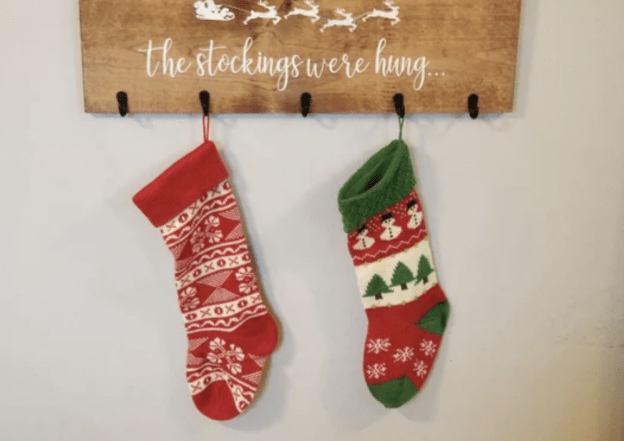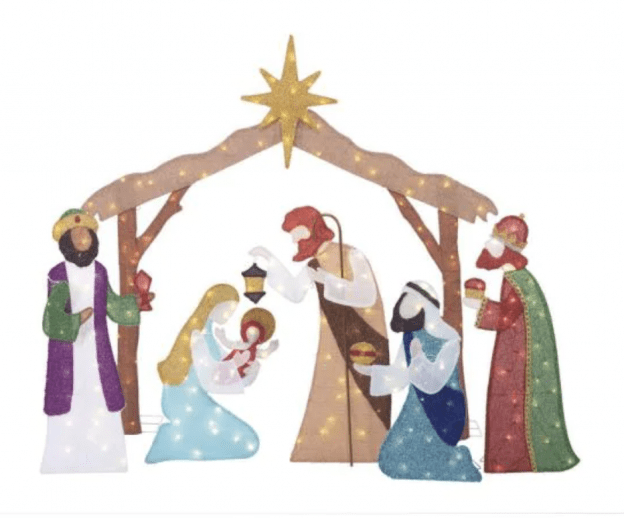General Information
Informant: Gavin Muir
Place: Hanover, NH
Date: November 3rd, 2021
Genre/ Form of Folklore: Customary/Material
Title: “Giant Tree”
Informant Data: Gavin Muir, 20, is a member of the class of 2023 at Dartmouth College. Gavin was born and raised in Connecticut with two brothers and a sister where they attended Greenwich High School. Gavin is majoring in economics and is affiliated with the Greek Life system.
Contextual Data:
For those who celebrate Christmas, the tree is typically the holiday’s most cherished centerpiece. Decorating a Christmas tree to mark the holiday season is a tradition that dates back to 16th-century Germany with Americans adopting the custom as early as the 1800s. Now, the giant Rockefeller Center tree, laid under 25,000 Christmas lights, is displayed for the entire world to see during the holiday season. For some families, getting a big tree into the house is truly a Christmas miracle. But for others with the space, it’s just a way to set a very merry tone for the holiday.
Social Data: This item of folklore was collected through a face-to-face interview of the informant just before the beginning of the Christmas season.
Item: During the holiday season, in the corner of Gavin’s living room sits an eighteen-foot-tall artificial Christmas tree.
Transcript:
Collector: “How does you and/or your family go about decorating your house during the Christmas season? What sorts of decorations do you put up every year and what factors do you think influence this decorative style?”
Informant: “My parents don’t like to decorate too much, but one thing we’ve always had was a huge Christmas tree. We could never find a real one that big, so we got an artificial tree that’s eighteen feet tall. It’s pre-strung with lights and looks like it has snow on some of the branches. It has realistic-looking branches and needles, but it doesn’t smell like a Christmas tree, unfortunately.
Informant Comment:
My living room ceiling is probably 25 feet tall, that’s the only area we can fit the tree. The top of the star is just a couple feet from the ceiling.
Collector Comment:
Gavin is one of the few, if not the only person I know that has a larger-than-average Christmas tree, ant it sparks curiosity as to the origin of this family tradition. However, knowing Gavin’s background and circumstances enabled me to deduce that his sub-culture has an expressive body of folklore, and the extravagance of his Christmas tree is exemplary of this.
Collected by:
Joshua Betts, 21
Bradenton, FL
Hanover, NH
Dartmouth College
RUSS 013
Fall 2021






